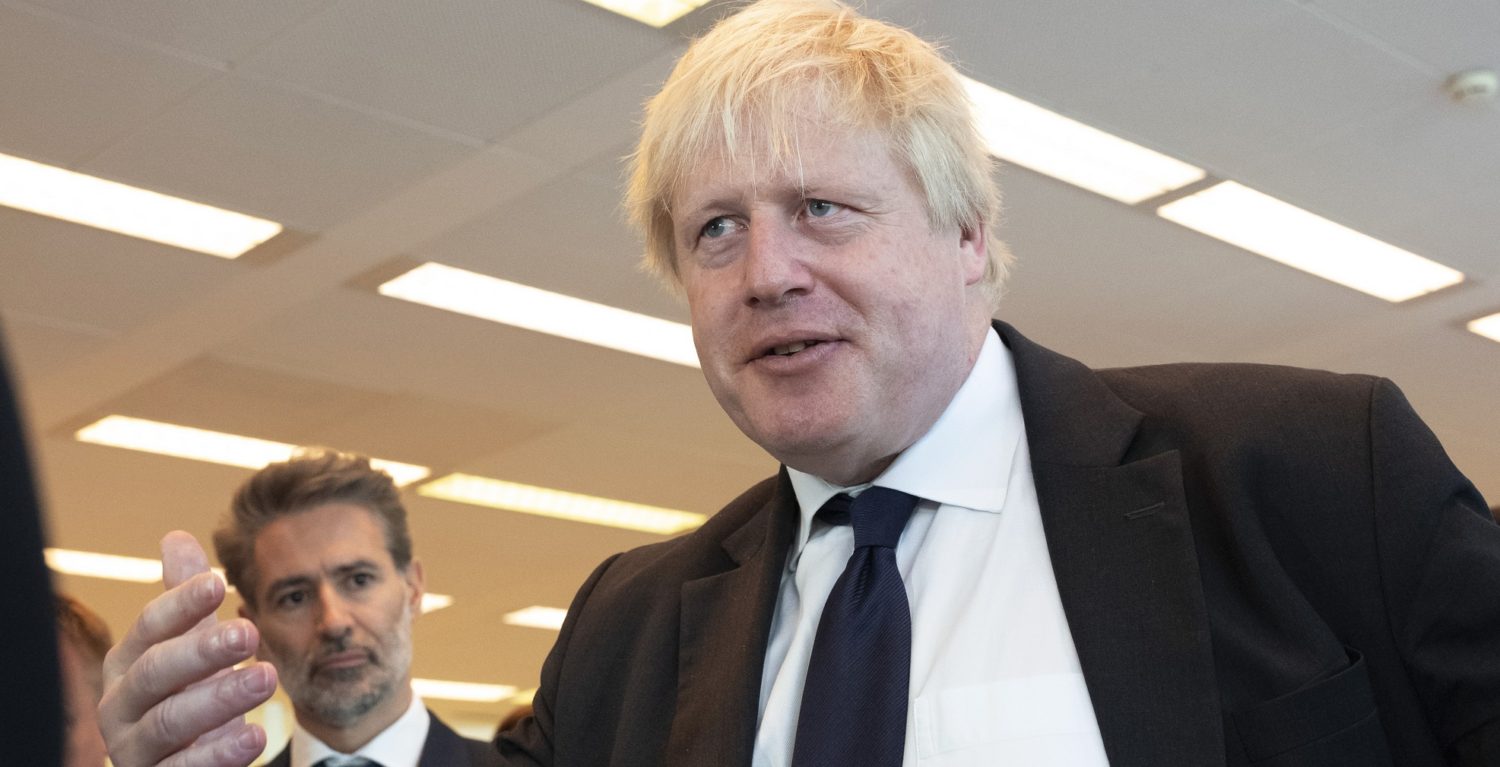The race to the bottom
The current leadership campaigns show the Tories have lost their reputation for sound economic management. The Labour party must call their bluff and fight harder to avoid Brexit, argues Giuseppe Telesca.
If the Tory election unfolds as expected Boris Johnson will be appointed Conservative leader and prime minister after a race to the bottom with the other frontrunner, Jeremy Hunt, based on contradictory and expensive promises. This campaign, among other things, has undermined the reputation of the Conservative party for sound economic management. It is not the first time that this happens. It had already happened in the 1990s, but while then the reputational loss was the consequence of an accident – the mishandling of the Exchange Rate Mechanism (ERM) – this time it seems to be a deliberate choice dictated by the need to ingratiate a membership that, according to a widely cited June YouGov poll, would accept significant damage to the UK economy and its integrity for the sake of achieving Brexit. This shift of the Tories from a traditional conservative, pro-market platform to a populist, Brexit-focused one has raised concerns among many observers who have seen in this move the British version of the global crisis in traditional conservatism. But what challenges does this shift present to the Labour party?
It has always been easy for the Tories to depict an anti-capitalist movement founded only in 1900 and endowed with little governmental experience as inherently unfit to rule the country. This perception has obliged the Labour party, since its first experience in office, to show a higher level of financial discipline than the Tories. The fact that Labour governments had always to deal with financial disturbances that, often, they did not create – the global slump of the early 1930s, the sterling devaluations of 1949 and 1967, the International Monetary Fund loan of 1976, the global financial crisis of 2007 to 2008 – reinforced the belief that Labour could stand for valuable ideas, but represented an economic ‘leap in the dark’.
The 1980s were crucial in consolidating this narrative. When it came to economic reputation the Labour party, then profoundly divided between a socialist left and a centrist wing weakened by the breakaway of the Social Democratic party, was constantly lagging behind Margaret Thatcher’s Tories, which seemed better equipped to interpret the new service-oriented and London-centred British economy. The victory of John Major in the 1992 election – despite the worst recession since the 1930s – demonstrated the centrality of the economic argument, but when Major messed the ERM up, in September 1992, the Conservatives lost their competitive advantage for the years to come. Only the 2007 to 2008 financial crisis, told by the Tories as the consequence of excessive public spending rather than as the result of excessive private debt and poor regulation, put the Labour party again on the naughty step – as the 2010 and 2015 elections demonstrated.
The fact that the Tories finally seem to admit that fiscal policy can be used to counteract the negative shock that will affect post-Brexit Britain represents a departure from the post-2008 years, when Gordon Brown was accused of doing exactly the same in order to offset the global financial crisis. Consequently, it could be tempting for the current Labour leadership to conclude that economic competence as an argument to win elections has lost traction, and no efforts should be produced in this direction. After all, in the 2017 election voters did not buy into the narrative of Jeremy Corbyn as a novel Michael Foot – the left-wing leader who, in 1983, led the Labour party to the worst post-1945 electoral defeat.
This short-sided response would underestimate the impact of Brexit on the 2017 vote and would make the mistake to identify economic competence with the neo-liberal obsession for balanced budgets. As the experience of the 1990s demonstrates, in order to reverse the consolidated view that the Tories are more likely to govern sensibly and manage the economy better than the Labour, the loss of the Conservatives’ reputation for economic competence shall be matched by the accrued Labour credibility on the topic.
The Labour party should clearly and unequivocally say that, before making use of the fiscal policy to counterbalance the damaging impact of Brexit, it would be better to fight to avoid an event that is likely to affect primarily the ‘left behind’ – often evoked, but never seriously considered by the Brexiteers. Unlikely the 2007 to 2008 global financial crisis, Brexit is not an exogenous shock, but a wound inflicted to the entire country by a clique of incompetent Tories who once prided themselves to be nasty, but effective when it came to the management of the British economy, and now envisage an unworkable mix of economic policies ranging from Keynes (for the happy few!) to Arthur Laffer. By fighting to avoid Brexit, the Labour party can call the Tory bluff and laying the foundation of a new idea of economic competence.
Photo credit: UN Geneva

